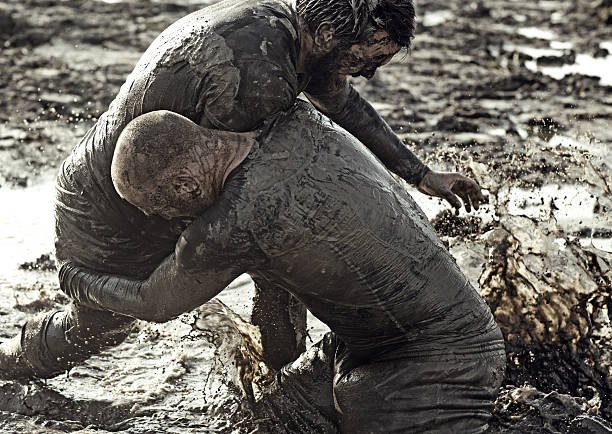BuzzH
Well-known member
About those NR b-tags...There is a delicate balance between cutting tags and funding the agency to be sure. However, when we see a marked increase in NR hunting opportunity stacked up by the Legislature, then the legislature is the appropriate place to try and fix that. The B10 & B11 fund block management and Habitat Montana. Do we want to cut funding for two of the most successful access & conservation programs at the state level? The caps of 17K and quota for the B11 (which is a joke since the turned in B7 can be resold as a B11) are based on what the resourse can bear. We've added over 23,000 Elk B tags (antlerless) to the NR roles and somewhere around the same for antlerless deer. The only way to change that is through the Legislature to limit what NR's can purchase. That's not really taking away from NR hunters so much as it is looking out for the resource and allowing the right-sized opportunity.
NR hunters make up about 73% of the license revenue from FWP. Cut too deep and you lose programs and you make the Resident pay for more, which is always a challenge to get through.
What does that mean for loss of PR/DJ funding and what does that mean for budget shortfalls elsewhere?
Season setting in 2023 starts again, and that's where you work to fix season structure.
The new EMP begins in earnest in 2023 as well. That's where you work on the larger policy issues that plague low hunter success and problematic concentrations.
Do away with all of the B-tags for Non Residents, Residents will gladly snap them up for $20 and the same number of elk and deer die...how does that fix the impact to the resource?
Doesn't matter who does the killing...
Last edited:





